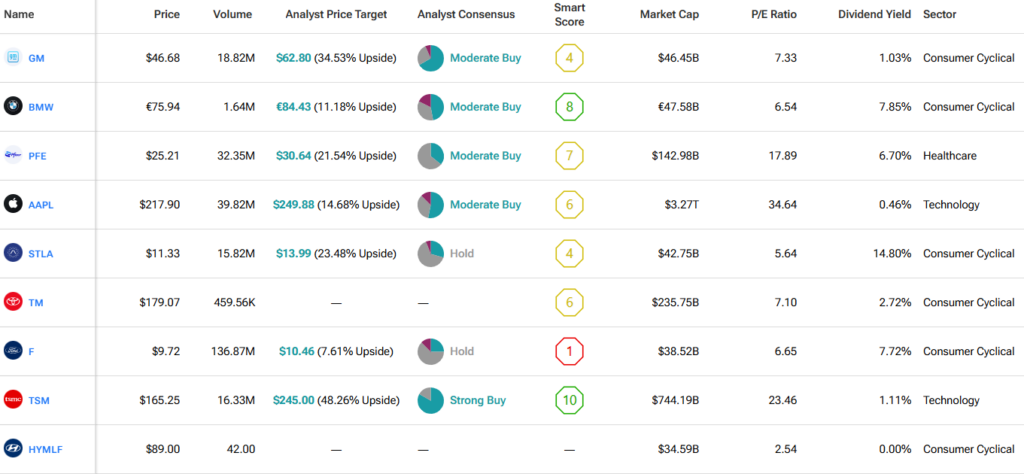Donald Trump is naming April 2 “Liberation Day” — a bold or risky move, depending on one’s point of view, to reset America’s global trade rules. But while the president calls it a win for economic freedom, millions of everyday Americans could soon feel the squeeze at the checkout counter.
Let’s break down what this new tariff plan means and how everyday Americans can brace for impact.
What Is “Liberation Day” Anyway?
Trump’s plan involves reciprocal tariffs. In short, if another country imposes a 30% tax on U.S. goods, the U.S. will now charge them the exact same rate on their exports to the U.S.
It directly responds to what Trump says are “decades of unfair trade,” especially with countries like China, Japan, Germany, Canada, and the European Union, all of which sell way more to the U.S. than the U.S. sells to them. The imposed taxes aim to Make imported goods more expensive, so Americans buy more products made in the U.S.
What Does This Mean for You and Your Wallet?
First and foremost – prices are going up. At least initially.
Vehicles, electronics, groceries, and kitchen appliances are made overseas or rely on foreign parts, and thanks to the new import taxes, they’ll likely cost more.
In fact, some car prices are already climbing in anticipation. Groceries and healthcare items could be next. Basically, anything made abroad or packed with imported parts could take a hit.
Economists say this could lead to less spending overall, especially for families already feeling the pinch from inflation. People may cut back on travel, eating out, or other non-essentials.
How Are Businesses and Markets Reacting?
In a word – anxiously.
Companies that rely on global supply chains, like automakers, tech firms, and retailers, are scrambling. Some are even halting production or looking for U.S.-based suppliers to avoid the tariffs.
Big players like Hyundai (HYMLF) and TSMC (TSM) are already building factories in the U.S. to stay ahead of the curve. Wall Street doesn’t love it, either. Stocks have been wobbling, and analysts say this policy could shrink corporate profits — especially if other countries fight back.
The Trump administration identified the so-called “Dirty 15″ countries as having significant trade imbalances with the United States, like Canada. These countries are seen to be engaging in practices perceived as unfair to U.S. trade interests. These countries are also preparing retaliatory tariffs. That means more tension, higher prices, and possibly fewer American exports.
What should the average American do to prepare?
- Buy sooner than later, especially for big-ticket items like cars or appliances.
- Look for “Made in USA” products to dodge price hikes.
- Watch for delays on foreign goods, as some items may take longer to arrive or be in short supply.
This new policy is designed to shake things up and definitely will. Whether it brings a manufacturing boom or triggers a new trade war, one thing’s for sure: April 2 won’t go unnoticed.
Tipranks’ Comparison Tool
Using Tipranks’ comparison tool, we’ve gathered some companies potentially impacted by Liberation Day. The list comprised car manufacturers, semiconductor companies, healthcare providers, etc.

















